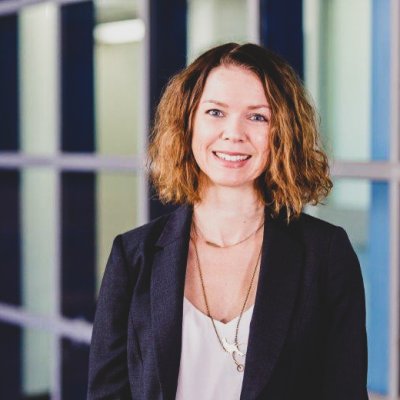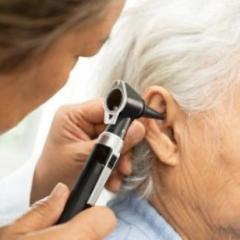
Each month we shine the spotlight on a researcher in the Faculty of Health and Behavioural Sciences.
This month we spoke to Dr Natalie Collins, a lecturer and researcher in the School of Health and Rehabilitation Sciences. Dr Collins is an APA Sports Physiotherapist.
What are your key research interests?
My main research interest is knee pain. As a physiotherapist, my primary goal is to develop better ways of managing knee pain at all stages of the lifespan – from adolescents with kneecap pain to older adults with knee osteoarthritis. I am also interested in how feet function, and how this relates to lower limb pain and injury. We have recently developed new ways to measure the deep muscles in the foot, which will give us exciting new insight into how the different foot muscles work during walking and running.
Can you share some of your career highlights so far?
There are the big academic highlights… having my PhD study published in the British Medical Journal, being awarded an NHMRC post-doctoral fellowship at The University of Melbourne and getting my first major NHMRC grant. But every research idea that becomes a published paper is a highlight. And there are other highlights that are just as important such as applying the findings of our research to patients with knee pain that I see in the clinic, seeing my PhD students graduate and be successful and working as a Team Physiotherapist at the 2018 Commonwealth Games.
What aspects do you enjoy most about your career?
I love that I can combine research with clinical work and teaching, and that every day is different. I enjoy having the freedom to direct my own research path, and pursue new ideas. One of the best aspects of my career is the opportunity to travel and work with people from all over the world. Not only has this had a positive impact on my career, but I’ve been fortunate to make some very good friends along the way.
Where have some of your favourite locations nationally and internationally been that your research career has taken you?
I would happily travel anywhere, but some highlights have been Barcelona, Denmark, Paris, Rotterdam, Vancouver, Boston, and Tasmania.
What inspired you to pursue a career as a researcher?
Until I did Honours in my final year of Physiotherapy, I hadn’t really considered research as a career option. All I ever wanted to be was a Sports Physiotherapist. When my honours supervisor offered me an opportunity to do a PhD, working on a large clinical trial on treatments for young adults with kneecap pain, it was an easy decision. I think the combination of my own curiosity and desire to improve the way we manage knee pain, as well as having mentors who are world leaders in physiotherapy research, has inspired my career choices. And, funnily enough, it’s been my research experience and expertise that has really pushed ahead my career as a Sports Physio.
What advice would you give students thinking about a research career?
As a student, take every opportunity that comes your way, such as Honours or research incubator programs in your school. Speak with PhD students and research fellows across different areas of UQ about their experiences – there are many different paths to a research career, and lots of different options once you get there. Finally, choose an area of research that you are passionate about. There are certainly challenges with a research career, particularly around funding, but if you are genuinely invested in your topic, you’ll find a way to get through those. I never would have thought that I’d be passionate about kneecaps and feet… but I’ve been able to build a really enjoyable and successful career in this field, and directly influence how we manage patients with knee pain.
What are your interests outside of work?
Travel, photography, running, sport, music and getting outside and away from the laptop on the weekend.
What do you enjoy about living in Brisbane?
After living in Melbourne for five years, coming back to Brisbane has given me a much greater appreciation of the relaxed lifestyle, stunning beaches and beautiful climate up here. There’s not many places in the world where you get blue skies and 29°C days in the middle of winter.



